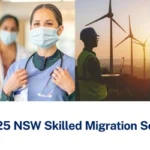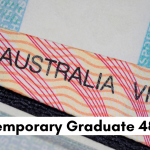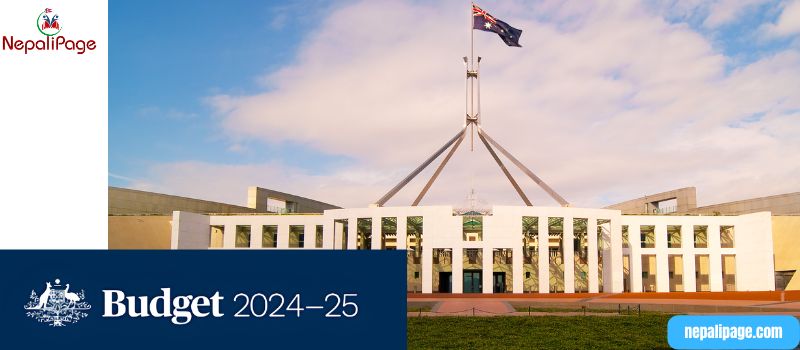As a migrant, especially someone who is coming for studies, any new place can be a little intimidating. One is burdened with so many responsibilities all at once and then adding to that pressure is the fact that all the regulations, rules you must abide with. Along with this, one also needs to know about his or her rights as well. This can be very well handled if you approach a migration adviser.

These are people who are specially trained and have good knowledge of all the work related to migration such as the rules and regulations, what procedures are to be followed, thus helping you in the gigantic task of proper entry. While choosing a migration adviser you must be very careful. Here are some points you should stress upon while choosing one:
- The migration agents/advisers must be registered with the Office of the Migration Agents Registration Authority (MARA).
- The migration agents are to follow a code of conduct and work within its boundaries only.
- The migration agent must have good knowledge of Australian law and procedure. To ensure this they are required to have high professional knowledge and must be of high ethical standard.
- You must cross-check and also do background verification of the agent before choosing one. The list of agents who are registered is always kept up to date and can be accessed from this link: mara.gov.au
Read Also: Know incentives for Regional Australia migrants

One thing that you should keep in mind that there are many instances migrants are fooled by migration agents by giving false promises of handsome salaries. No one can promise you a good salary for that matter. This totally depends upon you as this is a result of purely your skill, talent, and knowledge of where you are seeking a job.
Secondly, many times people are told that living in Australia is easy. However, this is completely subjective and hence do not believe just your migration agent for this. Living in Australia can be expensive. In fact, it is recommended one should keep in mind a budget of A$ 18000 per year (on the minimum side) to cover all the basic expenses such as food, lodging, and transportation.
Also, be aware of your rights as an international student in terms of employment especially. This includes minimum wages, maximum working hours, etc… It is better to have written agreements with your educational institution, migration and education agents, etc… to avoid any disputes later on. Try to make any payment post the mutual acceptance of the agreement.











